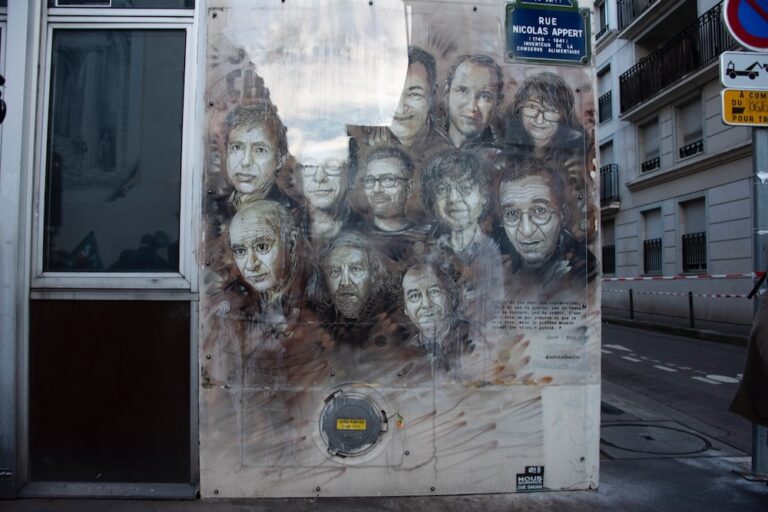(SEAPA/IFEX) – The following is a SEAPA press release: Statement of Southeast Asian Press Alliance on World Press Freedom Day 2006 This year’s World Press Freedom Day celebrations focus on a free and independent media’s importance in ridding the world of poverty and all its ills. Where the press is restricted and where journalists are […]
(SEAPA/IFEX) – The following is a SEAPA press release:
Statement of Southeast Asian Press Alliance on World Press Freedom Day 2006
This year’s World Press Freedom Day celebrations focus on a free and independent media’s importance in ridding the world of poverty and all its ills. Where the press is restricted and where journalists are threatened, the accountability of governments are weakened, and social scourges feed upon each other in a vicious cycle.
This reminder from UNESCO carries ominous warnings for societies the world over, and is especially relevant for the people and leaders of Southeast Asia.
Countries such as Burma, Vietnam, Brunei, and Laos, for starters, stand as glaring reminders of how repressive regimes and intolerant leaders can entirely deprive their citizens not only of rights, but also of their full potential for development and economic advancement. It is no coincidence that poverty is acute where civil and human rights are denied – where journalists and writers are routinely arrested and imprisoned for their work – and people’s very access to independent information is always under threat.
Even Singapore, with its glistening skyscrapers, robust economy, and political leaders living in mansions, is challenged to fully confront the reality of senior citizens scavenging for meals and rent money, now that pensions and welfare are being proven insufficient.
There are lessons here for the region’s countries that are trying to make that transition to democracy, as well as for those that are trying to develop economically. From East Timor to Cambodia and Malaysia, there is the reminder that economic development is fragile and unsustainable at best, and certainly will tend to be inequitable, where leaders are not made fully accountable and governments are not fully transparent. And yet, both Cambodia and East Timor continue to flirt with penal codes that already have their media anxious.
The region’s journalists and their champions in other sectors must know that they derive their potential from their freedom and independence above all. And so they must work for and protect that independence at all costs, not just from government, but from all powerful interests that will compromise that independence.
In the few democratic societies of Southeast Asia – the Philippines, Thailand and Indonesia most especially – the struggle is no longer so much against authoritarian or military rulers, but against forces that are more subtle and insidious. Colluding business and political interests dangerously distract the free press from the continuing challenge to be fiercely independent, and totally devoted to free, responsible, and independent information. This collusion is manifest in violence – guns in the Philippines, mobs in Indonesia, political and commercial harassment in both as well as in Thailand – that, like any other dictator, must somehow also be confronted and defeated by the free, and freedom-loving, press.
UNESCO ties World Press Freedom Day to the issue of poverty eradication to make clear the connection that people cannot afford to lose or squander the freedom of their journalists. SEAPA joins the world in affirming this truth, and committing to rise to this challenge. We join all journalists in calling on all sectors to see that we are all in this together.


